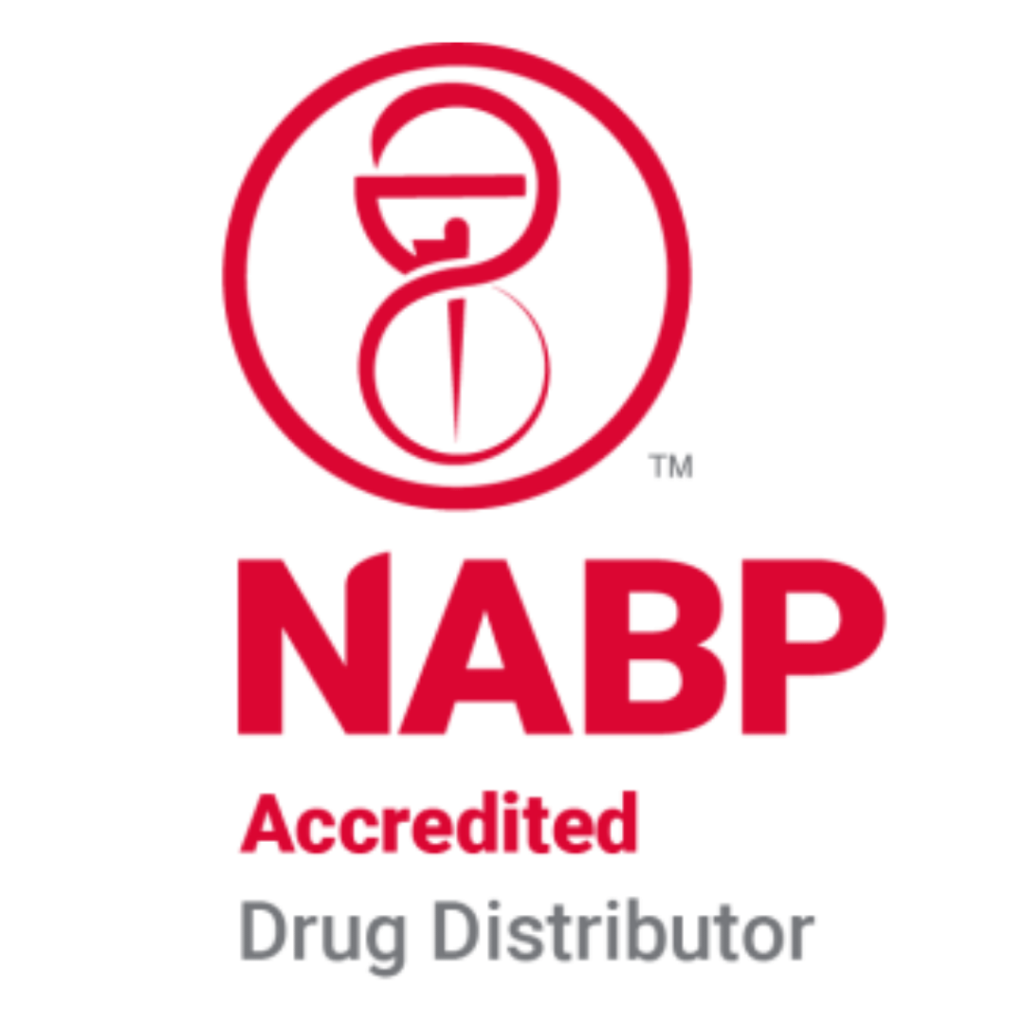A recent cyberattack on Change Healthcare has triggered widespread disruption, impacting hospitals, doctor offices, pharmacies, and millions of patients nationwide. Government and industry officials are labeling it as one of the most serious attacks on the U.S. healthcare system in history.
Critical Infrastructure Compromised
On February 21st, a ransomware attack targeted Change Healthcare, owned by UnitedHealth Group, crippling vital systems relied upon by healthcare organizations to process patients’ healthcare claims and payments. While the attack hasn’t directly affected patient care systems, it has exposed vulnerabilities across the healthcare landscape. As a result, it has left patients unable to pay for medications and posing financial risks to organizations heavily dependent on Change’s services.
The Importance of Change Healthcare
Change Healthcare is a cornerstone of the healthcare industry, processing over 15 billion claims worth more than $1.5 trillion annually. Acting as the largest electronic clearinghouse, it facilitates transactions between healthcare providers and insurance companies. The magnitude of its operations underscores its indispensability to the functioning of the healthcare system.
Impact on Healthcare Providers and Patients
The fallout from the cyberattack has been profound, with numerous healthcare organizations grappling with disruptions in claims processing and payments. Senate Majority Leader Charles E. Schumer has urged the Centers for Medicare and Medicaid Services to expedite payments to affected providers, highlighting the financial strain faced by hospitals, pharmacies, and patients alike.
Unprecedented Challenges and Workarounds
Healthcare providers are resorting to manual claim submissions and alternative payment pathways to mitigate the impact of the attack. Optum, a subsidiary of UnitedHealth, has initiated a temporary assistance program to provide short-term financial relief to affected organizations. However, transitioning away from Change Healthcare’s platform presents significant challenges due to contractual obligations and technical complexities.
Escalating Concerns and Financial Fallout
The cyberattack has prompted widespread concern among healthcare stakeholders, with the American Hospital Association deeming it the most significant attack on the healthcare system in U.S. history. Hospitals across the country are reporting disruptions in billing systems and financial instability, exacerbating an already challenging operating environment.
Urgent Calls for Action and Resilience
As the healthcare industry grapples with the aftermath of the cyberattack, there are urgent calls for enhanced cybersecurity measures and resilience-building efforts. The incident serves as a stark reminder of the vulnerabilities inherent in centralized networks. Additionally, it underscores the need for robust cybersecurity frameworks to safeguard critical infrastructure.
The long-term repercussions of the cyberattack on Change Healthcare are yet to be fully realized, but its immediate impact on healthcare providers and patients underscores the urgent need for concerted action to address cybersecurity vulnerabilities and ensure the resilience of the healthcare system.






